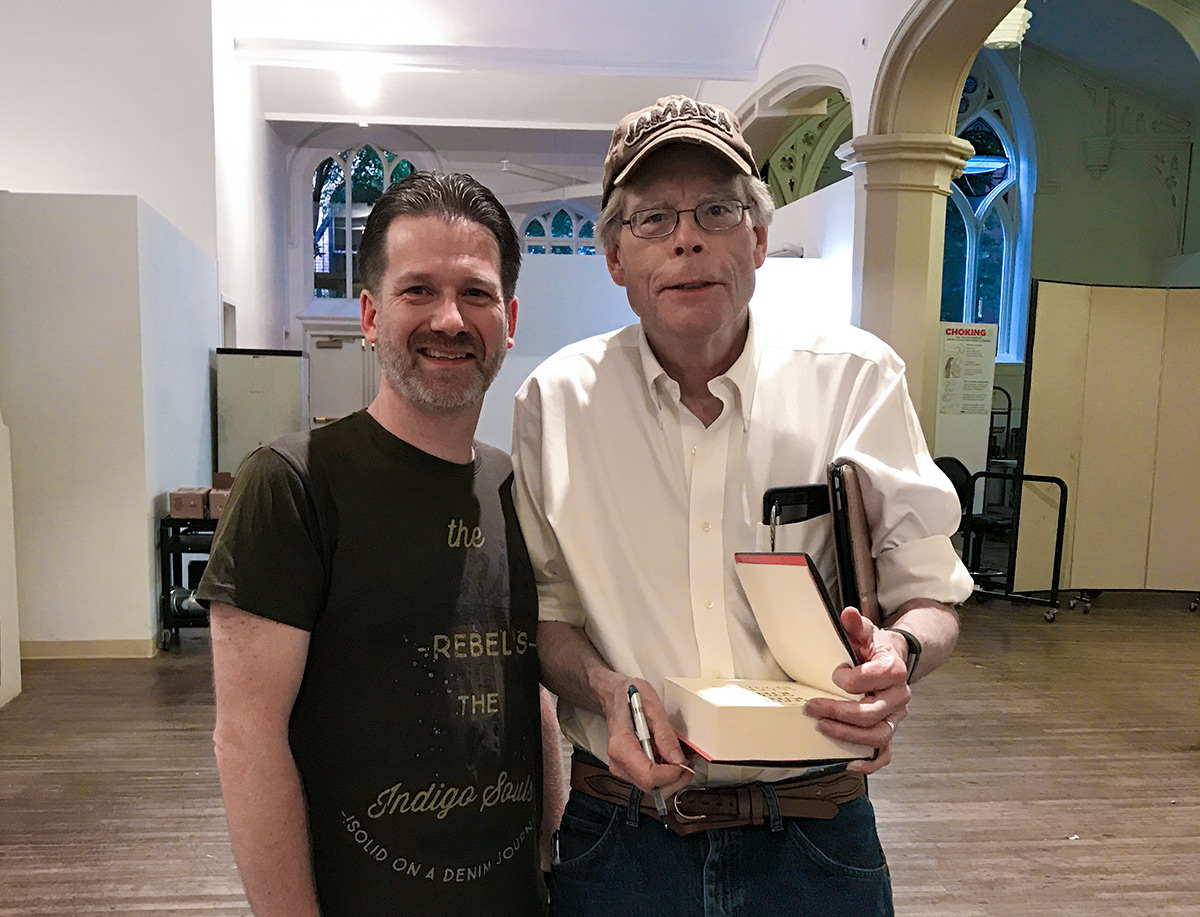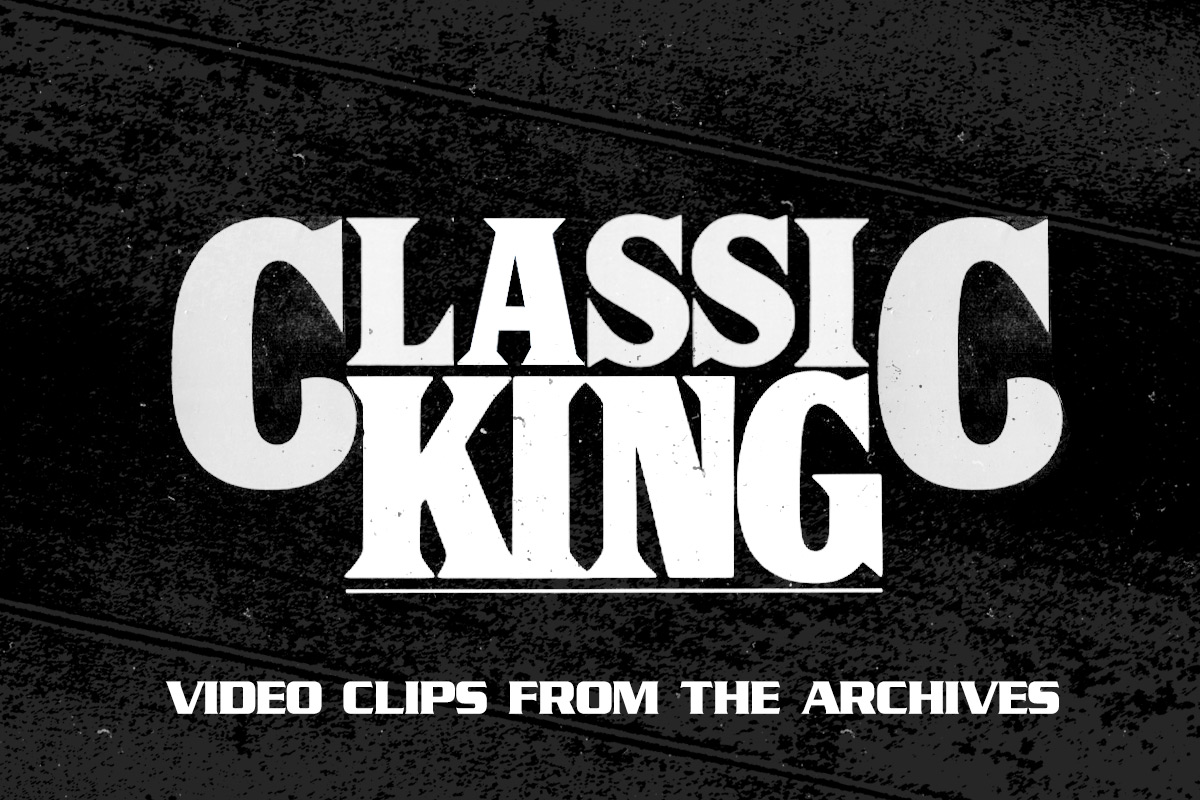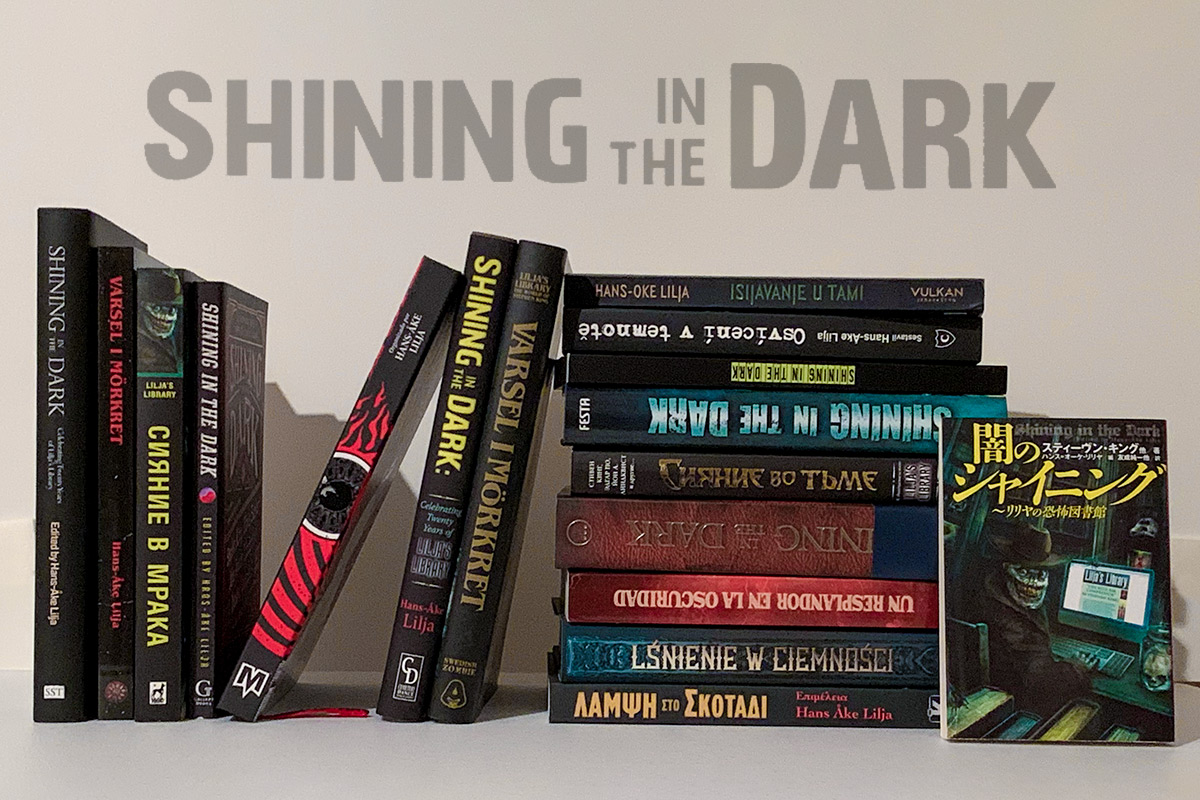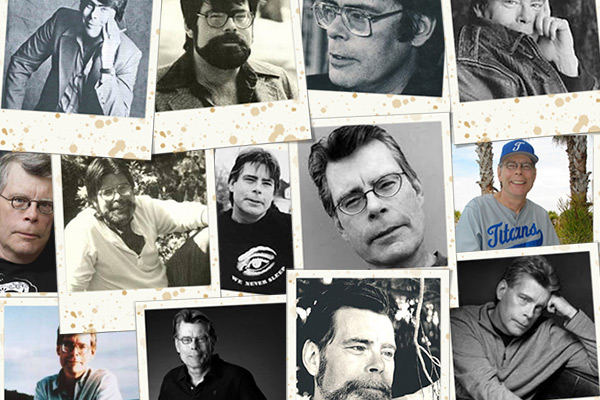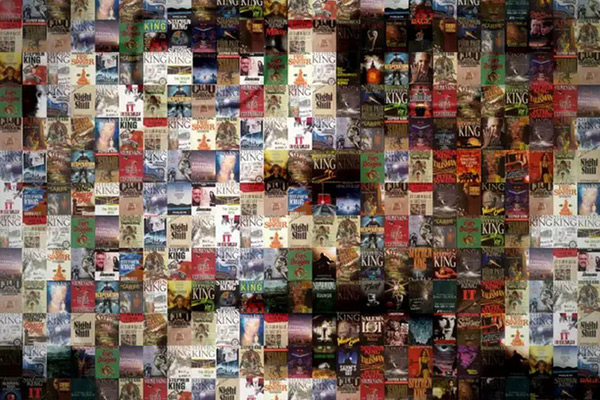Owen King
Posted: September 27, 2017
_
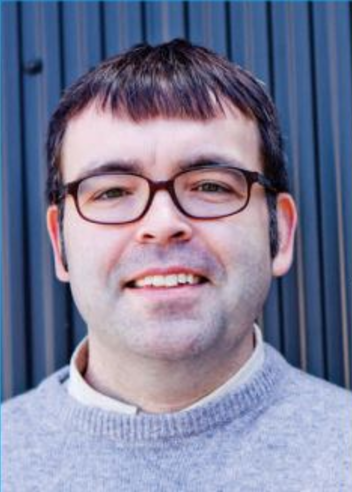 I got a chance to speak to Owen King who co-wrote Sleeping Beauties with his father Stephen King. In the interview, Owen talks about how the idea for Sleeping Beauties was born, that is was supposed to be a TV show original and what he’s working on today. Enjoy!
I got a chance to speak to Owen King who co-wrote Sleeping Beauties with his father Stephen King. In the interview, Owen talks about how the idea for Sleeping Beauties was born, that is was supposed to be a TV show original and what he’s working on today. Enjoy!Lilja: I just finished the book “Sleeping Beauties”. A great book that you wrote with your dad, Stephen King. How did the idea that you two should collaborate on the book come about?
Owen King: Thank you! I'm glad you enjoyed it.
The genesis was just a one sentence pitch that I made to my dad: "What if all the women in the world fell asleep?" I wanted him to take the idea and run with it. The notion struck me as one that you could make a hell of a disturbing meal out of, and that's kind of his specialty, whereas most of my own writing to that point had been pretty mainstream. He was very insistent that I should write it, though. Eventually, we compromised and wrote it together.
Lilja: Can you take us through the process of writing the book?
Owen King: We just passed it back-and-forth. If I did twenty-five pages, he'd rewrite me and then do his twenty-five. If he did fifty pages, I'd rewrite him, and then I'd do fifty pages. All that rewriting is, for me, central to a positive collaboration. You have to allow your collaborator to take ownership of what you write, and they have to allow you to take ownership of what they write. It also helps unify the voice of the novel.
And we did a clever thing to utterly foil any attempt to determine who wrote what parts: if I was writing a section, I would leave a hole in it for my father to fill in a particular scene that I would suggest, and vice versa.
It's a long book, but I feel like the complete first draft took about ten or eleven months to complete. Neither of us let it sit on a desk too long.
Lilja: I heard that it was supposed to be a TV series of 10 episodes and that you wrote the script for the first two episodes before you decided it should be a book instead. What made you change the format from TV series to a book?
Owen King: That's correct. We wrote two episodes and many of the events that occurred in the first two hundred pages of the novel were hammered out there originally. What was great about the scripts was that they helped us figure out the action and really work out how the sleeping sickness would initially play out on a macro level, how the news would spread. Some of the characters emerged quickly, too. I remember that Evie popped off the page right away. We were able to find the right balance of her immediately; she's terrible and bizarrely charismatic and certainly not human, but then again, not entirely inhuman, either.
However, there were other characters that I wanted to explore further, and I felt like the fast-moving narrative that we'd created was pushing them to the edges. So, I suggested that we turn it into a novel and let the whole thing spread out more. My father agreed.
Lilja: Do you think that the script version will be published eventually?
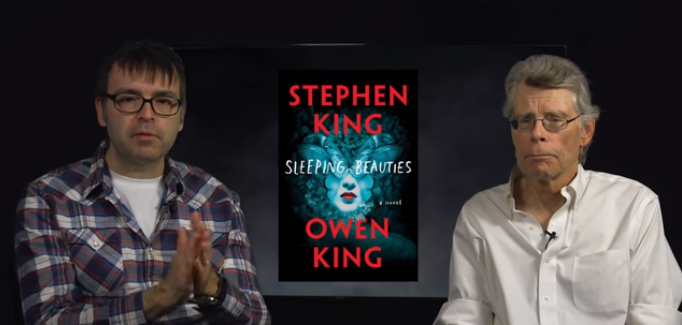
Owen King: I guess we could show a fragment at some point, but I wouldn't want to publish the two scripts in their entirety. They're just rough drafts now.
I know you were also wondering, on a related note, about what ended up being cut from the first draft of the novel. I'm not sure how it happened, but I sense that there's a vague impression out there that the novel was cleaved in half or something in the midst of the editing process. We probably cut thirty or forty pages of manuscript - not that much in the grand scheme. Ninety percent of those cuts were simply made to sharpen the writing. A certain scene might have had one or two more beats, an extra line of description, that kind of stuff. I can recall two small story elements that got clipped out and that's it. And they were really small things.
Lilja: The book contains a lot of characters. How did you keep track of them when you wrote the book?
Owen King: At some point we started up a version of the character list that's at the front of the book. It was a cheat sheet, basically. It included quotes from the draft that explained what each character looked like, their job, their relations, their concerns, and so on. It was pretty elaborate and we did have a few mix-ups along the way. My dad is an experienced hand at books with huge casts, though, and I'm super anal about details.
Lilja: What’s the biggest difference in collaborating on a book compared to write your own book? I guess that there are both pros and cons?
Owen King: The best part of a successful collaboration is the constant inspiration and challenge. Your collaborator comes up with some brilliant improvisation, or does a beautiful job with a scene, and you feel compelled to attempt to match what they've done. That happened many times in the writing of Sleeping Beauties. My dad's stuff lifted me up and I'd be ultra-focused to maintain that new level that he'd found.
I suppose the great drawback of collaboration is that there is negotiation and you occasionally have to give up some element because the other person isn't keen on it. That said, we found such a good rhythm, I don't recall that happening too many times. We were thinking a lot of the same thoughts.
Lilja: You have written a book, short stories and a comic. How do you look at yourself as a writer?
 Owen King: I just write. I'm sure I had a sharper vision of who I wanted to be as a writer when I was younger. Whatever story feels most urgent, that's what I work on. It doesn't really matter to me what it is.
Owen King: I just write. I'm sure I had a sharper vision of who I wanted to be as a writer when I was younger. Whatever story feels most urgent, that's what I work on. It doesn't really matter to me what it is. Lilja: Growing up in a family of writers (mother, brother and father). How did that effect you and your writing?
Owen King: My family has influenced me in lots of ways, but the big one is with work ethic. I learned at a young age that you have to be dedicated. If you want to write, you have to do it all the time.
Lilja: You’re going on tour in September and October to promote “Sleeping Beauties” with Stephen King. What can those of us attending expect?
Owen King: I know that we'll each read a few pages from the book. There will be a q&a portion. I imagine that there will be, in addition to questions about Sleeping Beauties, lots of inquiries for my father about the film adaptation of It which will be very fresh.
Lilja: What are you working on now and what can we expect from you down the road?
Owen King: I wrote the pilot for a tv adaptation of Sleeping Beauties for the amazing production duo of Michael Sugar and Ashley Zalta at Anonymous Content. I'm hoping that will turn out to be an on-going project - we shall see. There are some other film-tv projects in the works, too.
A short film I co-wrote with my dear friend Mark Jude Poirier, Father Daughter Dance, is going to be playing at the YoFi Festival in November. It's about a handyman having a truly terrible day. Mark directed and he did a superb job. I'm excited for people to see that.
A new short story I'm really proud of will be appearing as a part of the Ploughshares solo series in 2018.
What else? Well, working on a new book. It doesn't have a title yet. I'd say it's a bit more in line with Sleeping Beauties than with my previous writing.
Lilja: The script for the pilot of the TV adaptation for Sleeping Beauties that you wrote, is it very different from the version you and Stephen wrote when you started it all?
Owen King: The pilot I wrote is quite different from the original pilot because it's based entirely on the novel.
Lilja: With that I’d like to thank you for doing this interview. It was a pleasure to speak to you. Thanks!
My review of Sleeping Beauties

